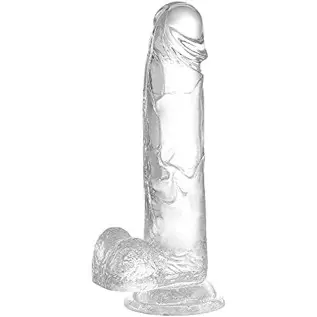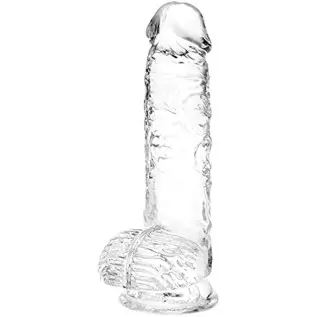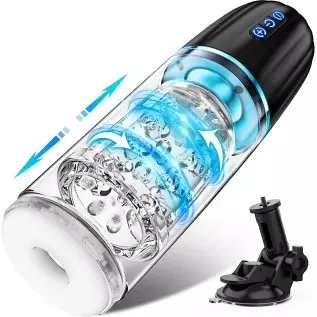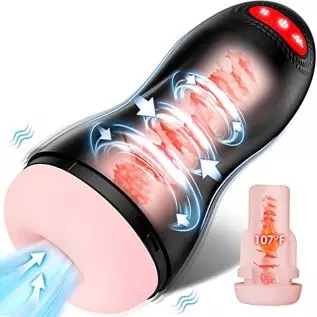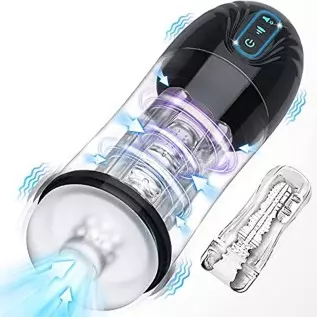White-collar women are more susceptible to adnexitis. How can they prevent it on a daily basis?
Adnexitis is a very common gynecological inflammation in women. According to experts, among the female internal reproductive organs, the fallopian tubes and ovaries are called uterine appendages. Adnexitis can occur in both unmarried and married women, and clinically it often occurs together with pelvic inflammatory disease.
So, what are the symptoms of adnexitis?
1. Acute adnexitis.
What are the symptoms of adnexitis? Mainly acute lower abdominal pain, accompanied by fever. During gynecological examination, there was obvious tenderness and rebound tenderness in the accessory area. Routine blood tests showed an increase in white blood cells and a significant increase in the proportion of neutrophils.
2. Chronic adnexitis.
What are the symptoms of adnexitis? Patients with chronic adnexitis are more common, and their symptoms are mainly manifested in the following aspects.
1. Abdominal pain of varying degrees. Patients experience symptoms such as lower abdominal distension, pain, and lumbosacral soreness, which are sometimes mild and sometimes severe, accompanied by increased leucorrhea, low back pain, menstrual disorders, etc., and are often aggravated during menstruation or after exertion.
2. A tender "mass" appears. During gynecological examination, there is tenderness, thickening, or tender mass in the appendage area on both sides or unilaterally, and the white blood cell count is elevated or normal.
3. Hydrosalpinx. Chronic inflammation of the fallopian tubes can lead to fibrosis, thickening and obstruction of the fallopian tubes over time, and can also cause adhesion to surrounding tissues. If both ends of the fallopian tube are blocked, hydrosalpinx can form, and the water can penetrate into the ovaries that are adhered together, forming a fallopian tube ovary cyst.
Causes of adnexitis
There are many reasons for adnexitis, the most important ones are the following:
1. Frequent wearing of tight pants or similar tight clothing can cause vaginal discharge to accumulate, which can lead to adnexitis caused by vaginal inflammation.
2. Long-term sitting posture and poor blood circulation in the lower limbs affect the normal detoxification function of the ovaries and appendages and cause inflammation.
3. Not paying attention to menstrual hygiene, having sex during menstruation or unclean sex, etc.
4. Due to decreased resistance after childbirth or miscarriage, pathogens ascend through the reproductive tract and spread to the fallopian tubes, ovaries, and then the entire pelvic cavity, causing inflammation.
5. Sexually transmitted diseases such as gonorrhea. After infection, diplococcus gonorrhoeae can spread upward along the mucosa, causing inflammation of the fallopian tubes and ovaries.
6. When inflammation occurs in the pelvic cavity or organs adjacent to the fallopian tube, such as appendicitis, it can cause fallopian tube oophoritis and pelvic peritonitis through direct spread. Inflammation usually occurs on the adjacent side of the fallopian tube and ovary.
7. If there are infections in other parts of the body without timely treatment, pathogenic bacteria can be spread through the blood and cause fallopian tube oophoritis, which is more common in tuberculosis.
Care points for adnexitis
1. Pay attention to hygiene: Patients with adnexitis should do a good job of hygiene during treatment and in daily life to prevent recurrence of the disease. Women must avoid sexual intercourse for one month to six weeks after childbirth or miscarriage. Sexual intercourse is prohibited for vaginal bleeding and menstruation.
2. Dietary conditioning: Dietary conditioning is very helpful for improving human immunity. The diet should be high in nutrition, easy to digest, and rich in vitamins. At the same time, you should cooperate with the doctor for active treatment and persevere to avoid the prolongation of the disease. Difficult to cure.
3. Maintain a peaceful mind: Adnexitis is very harmful and causes great distress to patients. However, patients do not need to panic too much. They should maintain a calm mind, not be irritable, exercise actively, and improve the body's immunity. This is good for the appendix. The treatment of inflammation is of great help.
4. Strengthen physical exercise: Antibiotics alone are not effective for chronic adnexitis. It requires long-term supportive therapy, which is to increase nutrition and improve the body's immunity. The most important thing to increase the body's immunity is to exercise. On the one hand, it can improve the body's immunity, and on the other hand, it can also make the body and mind happy. If you are in a bad mood, many diseases will come to you. Chronic adnexitis is also a physical and mental disease to a large extent.





